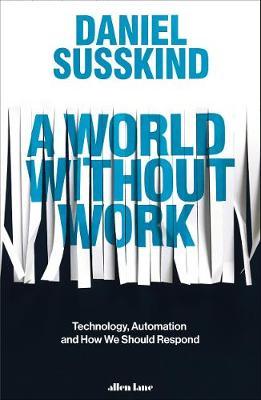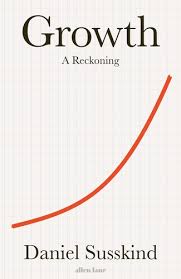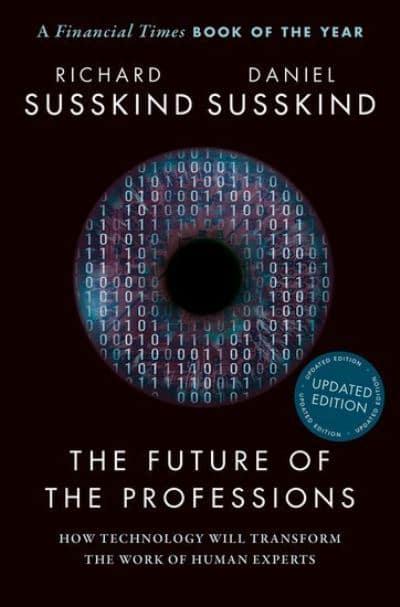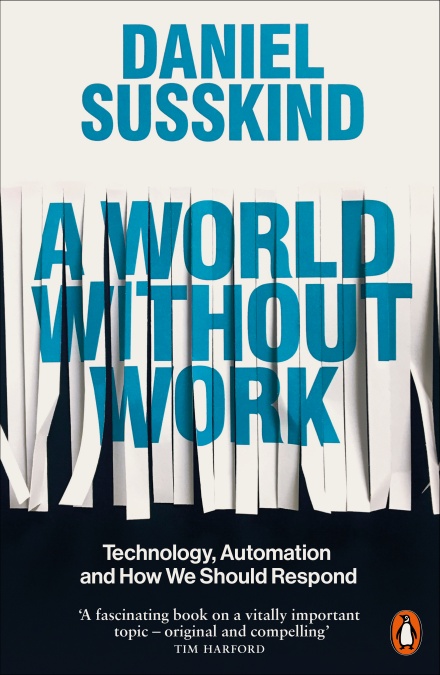A world without work
technology, automation and how we should respond
- ISBN: 9780241321096
- Editorial: Allen Lane Publishers
- Fecha de la edición: 2020
- Lugar de la edición: London. Reino Unido
- Encuadernación: Cartoné
- Medidas: 23 cm
- Nº Pág.: 326
- Idiomas: Inglés

New technologies have always provoked panic about workers being replaced by machines. In the past, such fears have been misplaced, and many economists maintain that they remain so today. Yet in A World Without Work, Daniel Susskind shows why this time really is different. Advances in artificial intelligence mean that all kinds of jobs are increasingly at risk.
Susskind argues that machines no longer need to reason like us in order to outperform us. Increasingly, tasks that used to be beyond the capability of computers - from diagnosing illnesses to drafting legal contracts - are now within their reach. The threat of technological unemployment is real.
So how can we all thrive in a world with less work? Susskind reminds us that technological progress could bring about unprecedented prosperity, solving one of mankind's oldest problems: making sure that everyone has enough to live on. The challenge will be to distribute this prosperity fairly, constrain the burgeoning power of Big Tech, and provide meaning in a world where work is no longer the centre of our lives. In this visionary, pragmatic and ultimately hopeful book, Susskind shows us the way.
From the spinning jenny to the combustion engine to the first computer, new technologies have always led workers to panic about being replaced by machines, and yet these fears have always been misplaced. In the past, new technology has always complemented the work of humans. In A World Without Work, award-winning economist Daniel Susskind shows why this time, with the rise of artificial intelligence, it will be different. The threat is real, but we haven't been asking the right questions about exactly what is at stake. Drawing on almost a decade of research into this topic, Susskind argues that a realistic vision of the future is not one in which machines do everything, but rather in which they do more. As they slowly, but relentlessly, take on more and more tasks, human beings will be forced to retreat to the shrinking set of activities that machines cannot do. And, as we move through the 21st century, the demand for the work of humans is likely to wither away. Yet Susskind reminds us that this technological progress will solve one of mankind's oldest problems - how to make the economic pie large enough for everyone to live on. The challenge now is to properly share out this new economic prosperity, constrain the burgeoning political power of Big Tech, and provide meaning in a world with less work. A World Without Work is an innovative, authoritative and optimistic guide to how we can rise to the challenge of automation.









